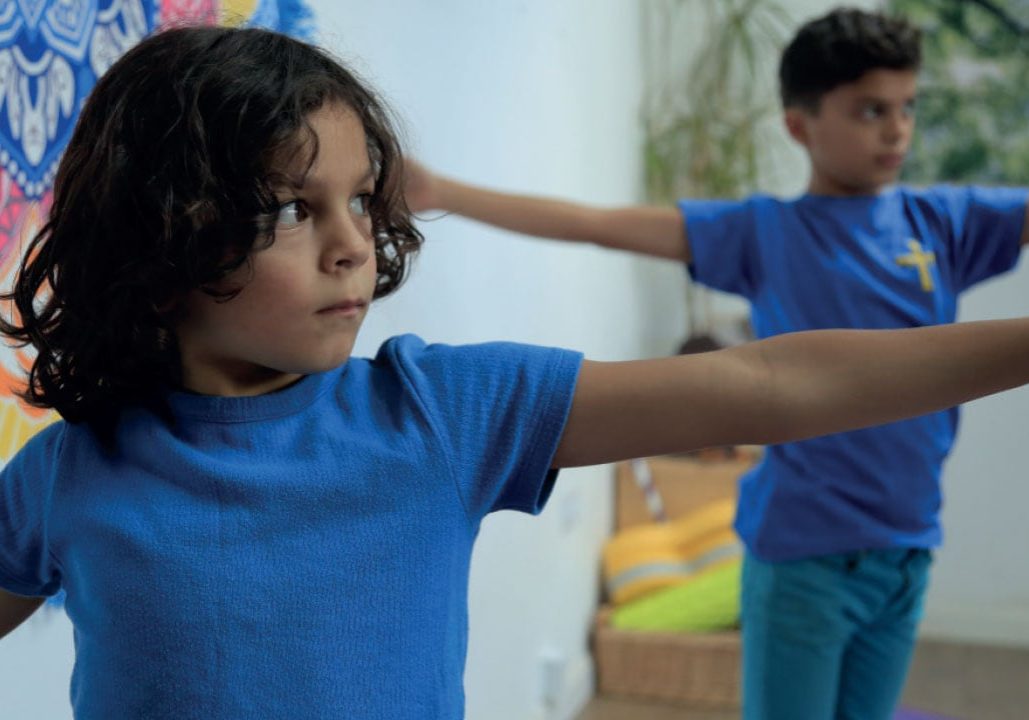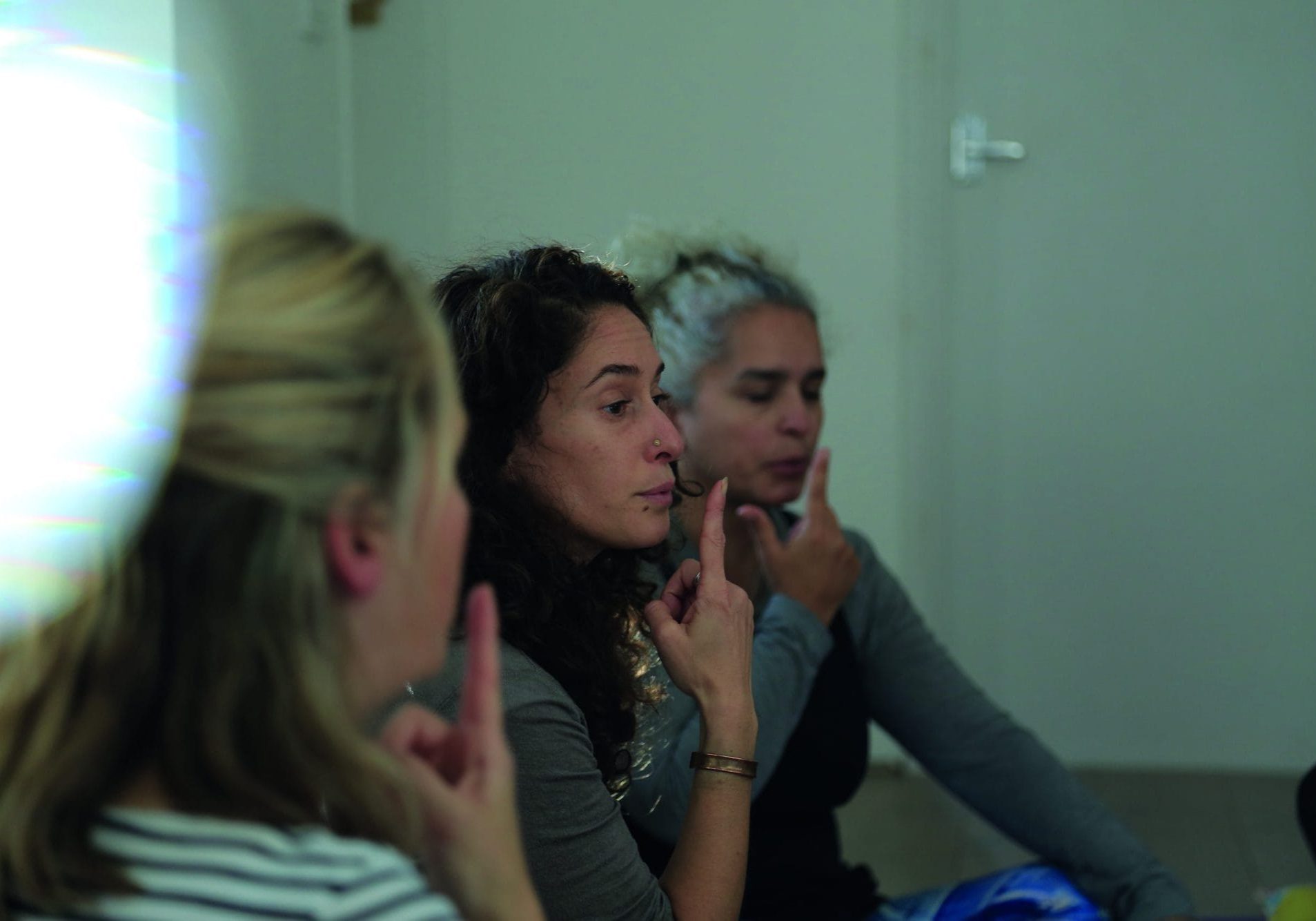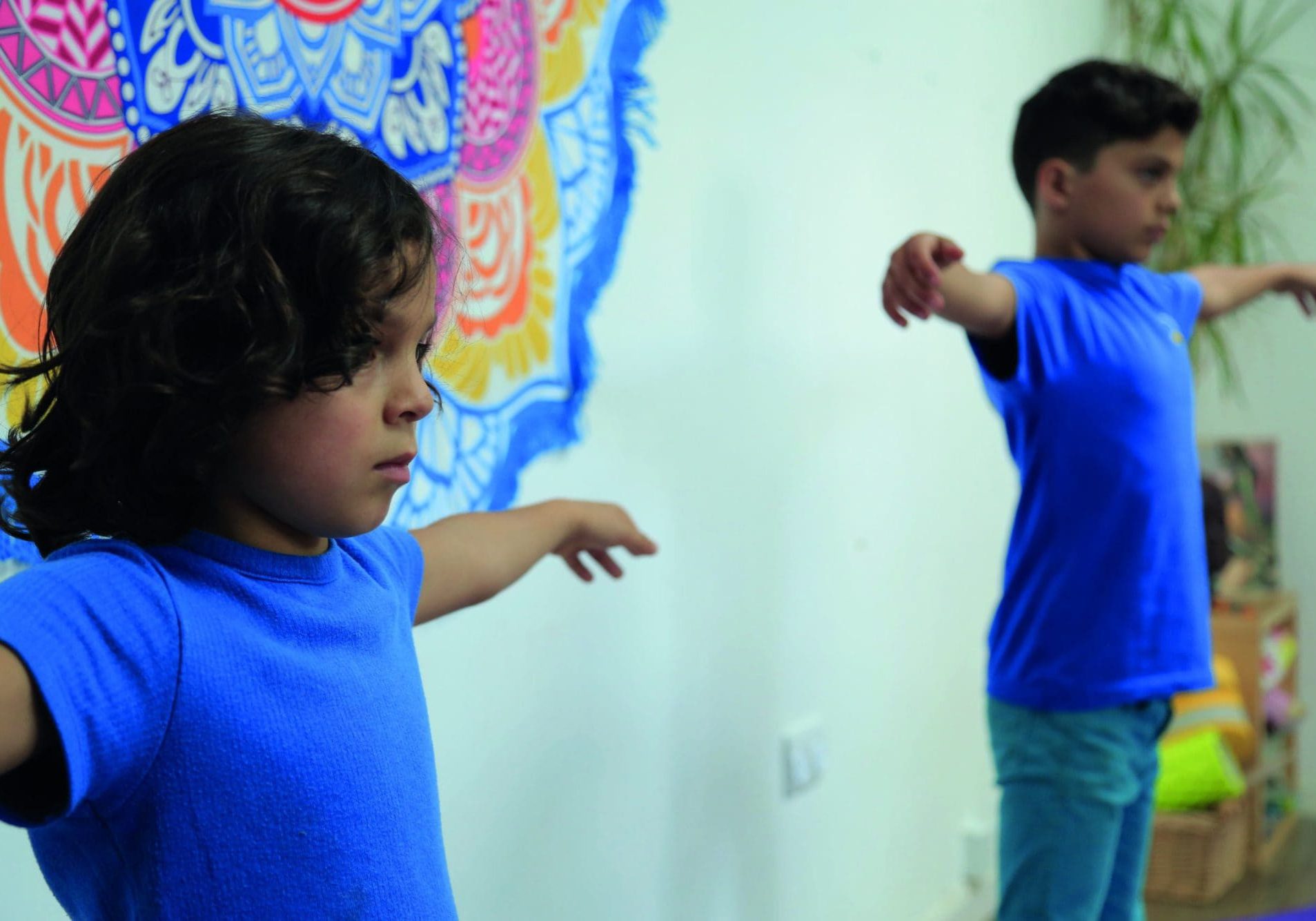
What next?
Logical career steps after your teacher training course. By Nicole Zimbler
So, you have gone through the personal journey and commitment of a YTT. If you are anything like me (who attended their first training in 1998 in the traditional ashram Sivananda style yoga), this has totally whet your appetite for the many layers of what more yoga can offer personally and professionally.
You may feel that, depending on your individual life experiences, interests or preferences, you are drawn to deepen your knowledge in a more specialist field of teaching, and this is the wonderful thing about yoga. It is incredibly versatile, authentic and accessible in meeting the direct needs of others as a support for their overall health and wellbeing.
Yoga, in itself, is naturally therapeutic, diverse and inclusive. Therefore, with a little extra input it has enormous potential to branch into areas of health or wellbeing that you are drawn towards and reach numerous sub-sectors of the population, such as pregnancy or baby yoga, children’s yoga, teen yoga, women’s/ men’s healthcare, or in support of a medical condition such as cancer care, Multiple Sclerosis, rehabilitation, or mental health conditions, which may lead to a more specialist trauma-informed yoga approach. You may be drawn to extend your knowledge and skill to teach in particular areas of yoga such as meditation or yoga nidra, or even want to go that bit further and train fully as a yoga therapist.
Luckily, yoga fits into a wide spectrum and we have a wealth of highly educated and experienced yoga teachers, therapists, and specialist training schools who have broadened and shaped their direct knowledge and practice to provide further specialist education for the yoga practitioner community.
One of the most interesting and nourishing parts of this career choice is, as teachers, we never stop being the student. So we are very lucky to have the continuing scope of exploration through short courses, CPDs and extended TT programmes. These provide the opportunity to specialise in and broaden a specific skill-based practice and keep us fulfilled in continuation of learning from our students. Another element is the scope this offers you professionally as a yoga teacher to change and grow as you do as an individual. For instance, maybe you start teaching more generally and then find that life seems to be presenting a new path (such as a personal health experience, having children or people approaching you to ask if you can work with something more specific) and you are able to extend and expand your expertise in a way that flows well with your life path and choices.
The professional flexibility this offers someone is quite unique and for me has always been humbling, as it means I get to hone in on what I am passionate about and work within a community that I authentically connect to. It also means that my job is versatile enough to change as I change, grow as I grow, and to keep on meeting the direct needs of others.
So where to start in the world of additional or specialist teacher trainings as the next logical step in finding your niche on this career path? As I have said, there are a wide range of short courses that can be taken as separate additional learning modules, that may consist of a day to a few days learning, or up to further 500hr teacher trainings. If you are already established in what you are drawn towards, or know where your additional learning passion lies, then see if you can gather advice from within the yoga community. You can do this through asking other local teachers or joining specialist forums or groups on what courses are advised for that area of interest. As you filter through the advice, take a moment to trust your intuition and feel into what that training school or course will be offering you directly. Bear in mind there are lots of courses offering learning styles that may or may not suit you. For instance, you might ask yourself if an online learning environment is right for you, or would you prefer face to face teaching, or even a blended learning course? Do you prefer smaller/larger groups? Maybe you want to find a good blend of science and spiritual, or maybe you want a more traditional style of yoga.
Or if you are at the starting point and want to take the first steps into exploring a new passionate area of professional development, this may be the time where you take up a shorter learning course and go from there. Shorter CPD courses have a lot to offer: they can be more affordable, highly informative and be put towards additional hours of professional teaching practice.
I would also advise you to make contact with the training school directly to initiate some communication. Another tip is to check that your chosen training school is accredited by a yoga standards or certification body. Most organisations will be running training courses throughout the year, unless there is a particularly well renowned teacher that you hope to learn from. Therefore, take your time to decide, don’t feel as if you have to rush into anything and listen to your intuition.
Nicole Zimbler is the founder of Yotism (yotism.com)






